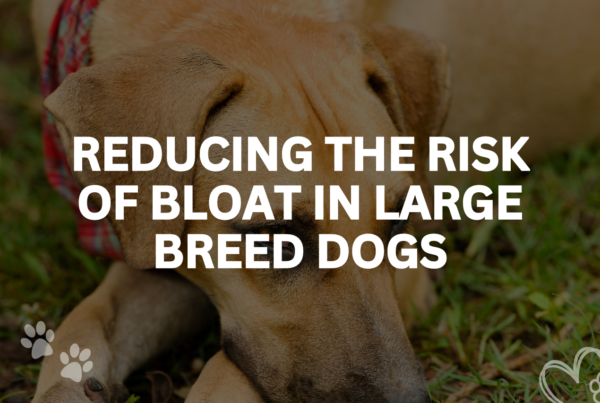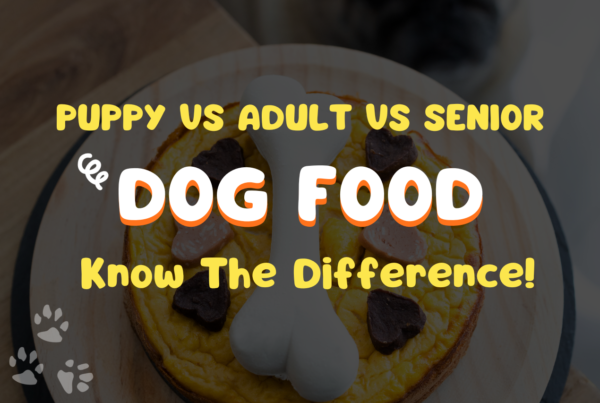
The simple answer is no, dogs are unable to consume almonds, despite the fact that your dog may have consumed an almond or two in the past and appeared to be alright.
In dogs, almonds are unlikely to be toxic, but their digestive systems do not accept them well, and this can lead to intestinal blockages. You should avoid feeding almonds to your dog since they are a choking hazard and pose other health risks to your dog, especially if they have been salted or seasoned.
Almonds are a healthy and safe source of protein for your dog, but there are many other, healthier and safer alternatives. Keep these nuts strictly for human consumption in your house. Never feed human food to a dog unless it has been approved by his or her veterinarian.
Why Almonds Are Bad For Dogs?
It is possible that eating almonds can cause gastric and intestine irritation in dogs, although this is not always the case. There may be the following signs if your dog has eaten some of the treats:
- Vomiting
- Diarrhea
- Gas
Almonds, like other nuts, are heavy in fat and can put your dog at risk of pancreatitis. Another potential hazard associated with this treat is blockage, so be careful when presenting this to your dog.
Most almond allergies are found in tiny dogs with narrow gastric tubes, which can lead to obstruction of the digestive tract and the windpipe. Surgery may be required in some circumstances if these blockages are not treated. Flavored almonds have their own risks.
Because the seasoning contains salt, which has the potential for causing your dog to retain water and experience salt toxicity, you should avoid giving your dog this food.
Can Dogs Drink Almond Milk?
Almond milk is a byproduct of the production of almonds, and the concentration of almonds present in a cup of almond milk is considerably diluted. Almond milk, like almond butter, is unlikely to disrupt your dog’s digestive tract, so giving them a glass of unsweetened, unflavored almond milk will not harm them.
In contrast to humans, dogs do not benefit nutritionally from almond milk, thus you will be providing them with unnecessary calories. Furthermore, flavoured and sweetened almond milk may contain — you guessed it — artificial sweeteners as well as other potentially dangerous components.
How Many Almonds Could Be Fatal?
It is perfectly acceptable for your dog to consume sweet almonds you bought from your local grocery store, however bitter almonds should not be consumed by anyone under any circumstances.
Bitter almonds are high in prussic or hydrocyanic acid, which can be fatal if consumed in large quantities. Only 7 to 10 raw bitter almonds could be fatal.
What To Do If Your Dog Eats Almonds?
Keeping your dog away from things that are harmful to him or her can be difficult at times. While consuming a couple of almonds is unlikely to be fatal, and there is generally no reason to be concerned, keep an eye out for signs of digestive distress or breathing difficulties in your dog.
If you detect any of the symptoms mentioned above, seek emergency veterinary attention and contact the pet poison control hotline for assistance.
Diagnosis Of Almond Poisoning In Dogs
To determine the reason of your pet’s sickness, your veterinarian will conduct a thorough physical checkup and ask questions about the foods your pet has recently consumed. A complete physical examination, along with a full blood count and chemical test, is normal procedure.
Toxins such as aflatoxin can be found in the bloodstream by testing urine, faeces, and vomit. Treatment may begin even before the final diagnosis is made based on the physical test and medical history. Depending on the symptoms, more tests may be necessary.
In the event that your dog shows signs of esophageal damage or dehydration, a chest x-ray or ultrasound may be necessary in order to screen for esophageal ripping or heart enlargement. Ultrasounds can be used to visualize the abdominal region, which may reveal an enlarged pancreas or fluid accumulation in this area.
Recovery Of Almond Poisoning In Dogs
In order to speed up your pet’s recovery, it is recommended that you confine him or her in a calm and quiet environment. A variety of medications, including antibiotics, antacids, and stomach and liver protectants, may be prescribed to treat the symptoms.
Aflatoxin poisoning in dogs may necessitate additional liver function testing. For the rest of their lives, dogs with pancreatitis are usually restricted to a low-fat, high-fiber diet. Taking pancreatic enzyme supplements won’t change the disease’s course, but they can help ease the severe abdominal pain.
The cost of treating almond poisoning can be high. Secure pet health insurance right away to avoid a financial burden in the future. Insure your pet as soon as possible to protect yourself from unexpected veterinary bills.






